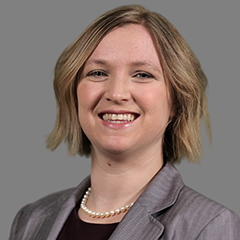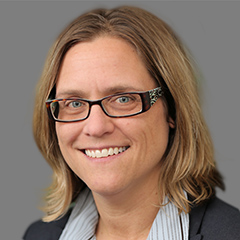Project Overview
To design, manage, and assess a training and technical assistance coordination center to help build capacity, increase impact, and strengthen sustainability of community multisector coalitions and partnerships addressing social determinants of health (SDOH).
To build the evidence base and expand application of promising strategies, the CDC partners with NACCHO and ASTHO for the SDOH-Getting Further Faster (GFF) initiative to fund community coalitions and partnerships that advance health equity and improve chronic diseases by addressing social determinants of health in five domains: the built environment, clinical-community linkages, food security, social connectedness, and tobacco-free policies.
- National Association of County and City Health Officials (NACCHO)
- Association of State and Territorial Health Officials (ASTHO)
- Centers for Disease Control and Prevention (CDC), National Center for Chronic Disease Prevention and Health Promotion (NCCDPHP)
National Association of County and City Health Officials

Mathematica’s Training and Technical Assistance Coordination Center offered robust capacity-building activities for community coalitions and partnerships through culturally responsive practices with a racial and health equity lens.
Mathematica applied a range of evidence-informed, innovative strategies that (a) substantively built the sustainability of community multisector coalitions and partnerships engaged in SDOH work, and (b) assessed the effectiveness of TA modalities and content in supporting communities engaged in this work. Opportunities for continued learning and peer strategy sharing covered a range of topics including community engagement, health equity, sustainability action planning, policy development, quality improvement, evaluation, data use and management, and strategic communications. By design, TA offerings incorporated adult learning principles and included:
The TA helped us in focusing more on our determinants of health content and the various ways we can tailor our missions and goals to target more marginalized populations.
Evidence & Insights From This Project

Addressing Social Determinants of Health Through Policy
The Policy Planning Guide and Template support policy planning for multi-sector community coalitions and partnerships addressing social determinants of health to advance health equity and prevent chronic disease.
Learn MoreRelated Staff
See Clearly. Act Quickly.
From local to global challenges in health, human services, and international development, we’re here to improve public well-being and make progress together. Learn more about becoming a Mathematica client or partner.
Work With Us







